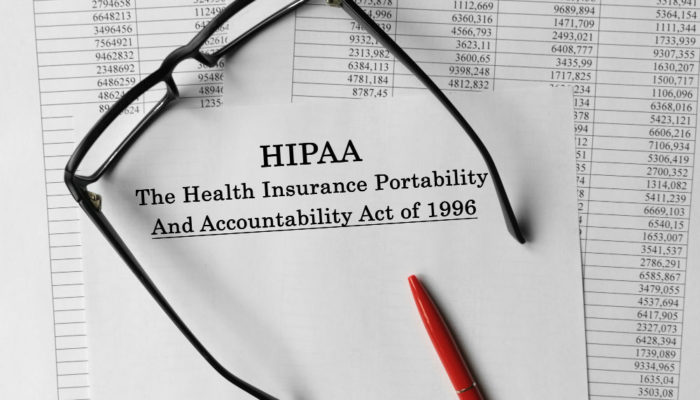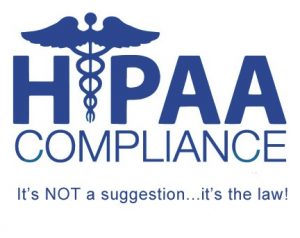Proper estate planning requires incredible attention to detail. While it’s true that there are self-service, ‘cookie cutter’ estate planning solutions out there, there is no substitute for a lawyer-assisted estate plan strategy that covers all of the bases with confidence.
Part of a comprehensive approach to estate planning necessarily includes a review of the compliance of all estate planning documents. Compliance matters when the time comes for estate plans to be executed after death. If an estate planning document is not compliant with federal or state regulations, it stands a chance of being legally impermissible.
One such regulation administered at the federal level is the Health Insurance Portability and Accountability Act of 1996. This important regulation was enacted in an effort to protect sensitive medical information as it is disseminated among healthcare organizations, insurance companies, and other third parties.
Even though HIPAA legislation took place in 1996, some of its provisions haven’t been applicable to areas of family law until recently. As such, many estate planning tools are having to be completely overhauled in light of it. This has resulted in a sharp uptick of our clients requesting compliance reviews for their estate plans, and for good reason.
HIPAA’s Effects on Estate Protection
At the heart of every estate plan is protection of assets. Every other estate planning aspect takes a backseat to the goal of protecting the estate and ensuring it is bequeathed according to the wishes of the individual in question.
Numerous rules within the long list of HIPAA regulations actually negate many protections in legacy estate plans—estate plans that, if not updated, could expose the estate to multiple risks.
Durable vs. Springing Powers of Attorney
A sound estate plan is going to include a provision that grants a trusted person Durable Power of Attorney (POA) in the event that the individual in question becomes incapacitated. HIPAA regulations do not affect the durable POA clauses in most estate planning documents.
However, there is another kind of POA that is affected by HIPAA, and it’s known as Springing Power of Attorney. This applies to the transfer of power upon a doctor-certified incapacitance of the principal individual. Because HIPAA is so strict in its discouraging of doctors in the disclosure of medical information, it can be difficult to begin taking action on an estate plan if and when the key individual becomes incapacitated.
The Impact on Trusts
Many types of trusts including revocable living trusts can be impacted by the recently enforceable HIPAA regulations. For example, the assignment of a trustee in cases of incapacitation can become unnecessarily more complicated and protracted due to HIPAA restrictions on sharing medical information.
So, if a doctor’s hands are tied in their sharing of information, it can be a challenge for a substitute trustee to begin exercising power even when the situation clearly deems it legal to do so.
One way to address both of the above-listed issues is to append an estate plan to include a document known as a HIPAA Release. HIPAA Releases list certain individuals that are determined to be authorized to receive protected medical information in certain scenarios (including instances of incapacitation).
However, in order for a HIPAA Release to be legally viable, it needs to meet certain criteria spelled out in the HIPPA regulations themselves. For this reason, the involvement of a knowledgeable family law attorney is often required.

Take Action to Protect Your Estate
Regulations affecting estate plans often change fairly regularly. Unless you’re constantly monitoring these changes on your own, it’s possible that your estate plan can fall out of compliance.
Ongoing regulatory developments like the HIPAA situation described in this article can make it difficult to know if your estate plan is in good shape. Because of this, the legal team at Kokish and Goldmanis, PC suggests updating your estate planning documents every few years and especially after significant life events like marriages, divorces, deaths, or during serious illnesses.
If estate planning seems highly complex, it’s because it is highly complex. For this reason, the family law team at Kokish and Goldmanis, PC are available to clear up the confusion.
Whether you’re new to estate planning or you’re interested in starting the conversation from ‘ground zero’, our team is here to help. Don’t risk your estate to a standardized, one-size-fits-all estate planning solution, even if it comes with a tiny price tag.
Take action to protect your estate by scheduling a consultation with us, today.


